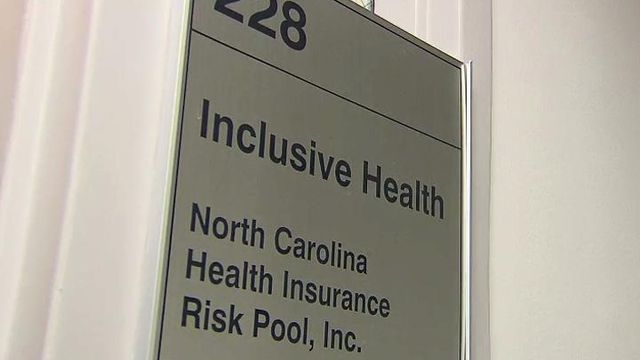High-risk insurance pool closed to most new NC enrollees
A North Carolina program that has provided health insurance to people turned down elsewhere because of chronic, pre-existing conditions will end enrollment for most new members Friday.
Posted — UpdatedThe high-risk insurance pool was created by the General Assembly in 2007 to help subsidize high premium costs for such people. It has been funded by a tax on insurance premiums, but the poor economy has left so many people dropping their insurance policies that funding for the high-risk pool has dried up.
About 11,000 North Carolina residents are covered by the high-risk pool, and about 200 people a month join the program, said Michael Keough, executive director of Inclusive Health, which operates the high-risk pool.
Real estate agent Jill Morin had to turn to the high-risk pool after her husband's company went out of business. She wasn't eligible for traditional health coverage because she suffered a heart attack in 2009.
"I would stay up nights just wondering and worrying what I was going to do about health insurance," Morin said Monday. "I've got a pacemaker, defibrillator and lots of medicine."
She called the high-risk pool "a life-saver."
Keough said people can apply for coverage through the federal high-risk insurance pool run by Inclusive Health, but one requirement for that is to have been uninsured for at least six months.
If the state and federal pools aren't options, people will have to wait until Jan. 1, 2014, when the Affordable Care Act blocks insurers from turning away people with pre-existing conditions.
"Before we existed, Blue Cross (Blue Shield of North Carolina) was insurer of last resort for people, and when we came into being, that option was taken off the table because they did not need to play a role," Keough said. "There is no other safety net."
North Carolina and other states also must have health insurance exchanges set up by next year for people without employer-sponsored health coverage to shop around for their own insurance.
• Credits
Copyright 2024 by Capitol Broadcasting Company. All rights reserved. This material may not be published, broadcast, rewritten or redistributed.





